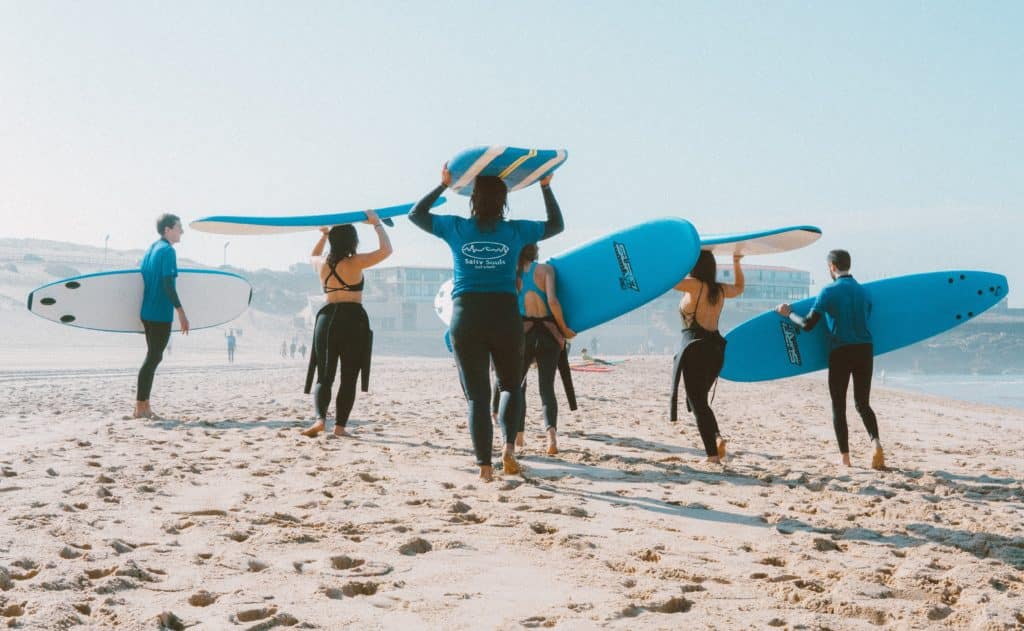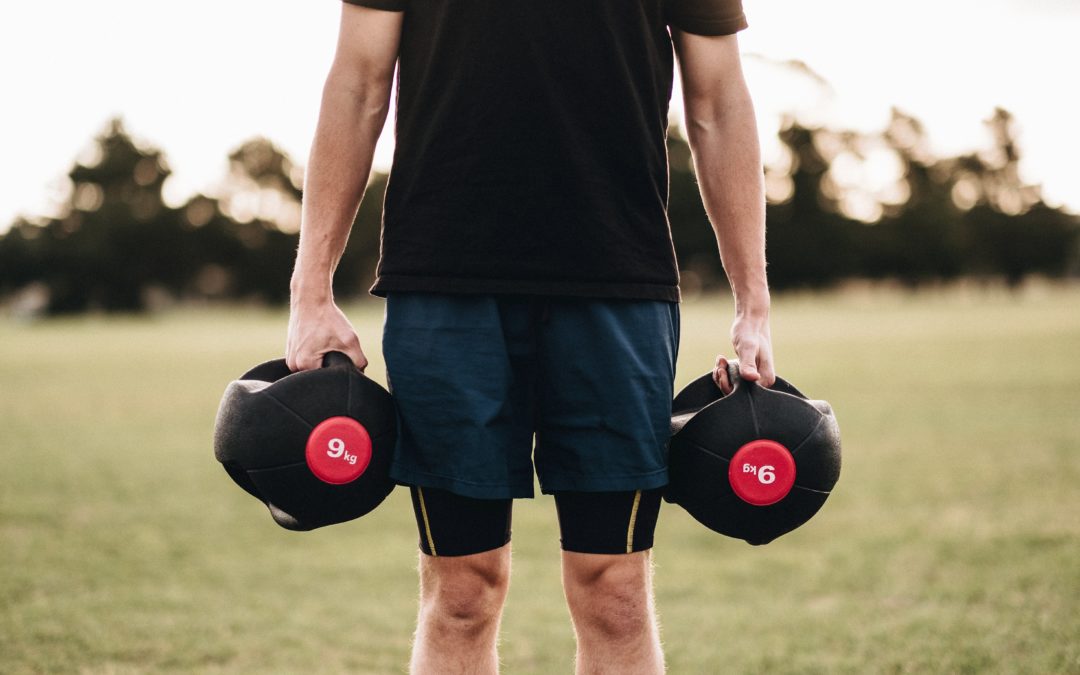Making the choice to seek treatment for your addiction is a huge first step. Addiction recovery is a long and arduous process, but the light at the end of the tunnel is worth it.
But what are some of the best ways to aid your recovery?
While medication and therapy are important resources for addiction recovery, many experts also recommend exercise to help people get and stay sober from drugs. The benefits of exercise for mental health don’t exclude drug abuse.
If you’re seeking drug addiction recovery and you want to learn about exercise as an alternative treatment, we’re here to help. Keep reading to learn all about how exercise can help your treatment and keep you on a sober path.
What Causes Addiction In the Brain?
The first occurrence of drug use is almost always voluntary. This means that there’s nothing in the brain that drives you to use that drug. While mental illness and other stressors factor into that decision, there’s no chemical reason for your brain to choose it.
This isn’t to say that addiction is a choice. It’s a mental illness.
When someone uses recreational drugs, their brain floods with dopamine. This dopamine rush is extreme enough that it overtakes other things that would otherwise make the person feel good, like friends and family, exercise, hobbies, and anything else that causes a happy feeling.
In other words, the euphoria is too strong for the other feelings to compete with it.
As substance abuse continues, these good feelings from the drugs fade away. The person develops a tolerance and needs more and more of the substance to feel normal.
Even when normalcy is no longer achievable, the person can no longer function without the drugs and they may go into withdrawal from the time they stop using until they get their next fix.
The scary and uncomfortable withdrawal process is one of the things that prevents people from seeking treatment.
What Happens to Your Brain When You’re Exercising?
While not as strong as recreational drugs, exercise is one of the things that make your body feel good.
When you exercise, your body releases endorphins. Endorphins are the feel-good chemicals in the brain. Like opioids, they react with the opiate receptors in the brain.
They reduce stress and pain and create a feeling of well-being for the person exercising. You may notice that after you work out or play a sport you feel more energized rather than less, even if your body is exhausted.
Endorphins are related to our reward circuits, just like recreational drugs are. They allow us to go through our days despite any pain or discomfort that we may be feeling. Studies show that endorphins reduce anxiety and stress, making them a good alternative to drugs.
Endorphins may also help with self-esteem, giving the person in recovery more drive and self-faith in their ability to move beyond their addiction.
What Kinds of Exercises Are Good for Addiction Recovery?
With all of this information, it’s easy to see why exercise is used in addiction recovery programs. After the initial withdrawal wears off and the recovering person is able to begin to detach chemically from the drug, they can start triggering their pleasure centers with endorphins rather than depressants or stimulants.
While this isn’t a 1-for-1 exchange, endorphins make the transition from addiction to recovery easier.
But what kind of exercises are good for releasing endorphins and recovering from addiction? In short, all exercise will help. Anything that releases endorphins can help with recovery. There are other factors that may make some forms of exercise extra helpful.

Skateboarding
Like other exercises, skateboarding releases a flood of endorphins from your physical activity, but this isn’t the only way that it helps. Endorphins are also released when you complete a difficult task or learn a new skill and both of these things are inherent with learning to skateboard.
Skateboarding is also social. When people create meaningful relationships, like those forged over shared interests, they may feel less inclined to use drugs.
It also teaches you to be persistent, a necessary quality in anyone going through recovery.
Surfing
Surfing has some of the same benefits as skateboarding when it comes to recovery. Alongside the physical endorphin rush, learning to stand on a surfboard and ride ways teaches persistence and releases feel-good hormones when you succeed.
Surfing may also bring about a rush of adrenaline. Many people use stimulants to get a rush of adrenaline, making surfing a good alternative.
Golf
Golf is a slower sport, and it’s great for people who aren’t physically able to surf or skateboard. Like the other sports, golf releases endorphins when you achieve a certain skill (like getting a hole in one) and when you walk around outside.
The sun may also help with your mood. Research says that being out in nature may reduce stress and depression.
Yoga and Pilates
Many people use yoga for its mental health benefits, and it’s another form of exercise that’s good for people who can’t tolerate the balance and high-impact nature of skateboarding or surfing.
Yoga isn’t just about physical exercise. A good yoga instructor teaches you how to breathe in a meditative way (otherwise known as yogic breathing). This enacts a parasympathetic response or a response that causes relaxation.
Yoga also increases mindfulness. Mindfulness can help you “get out of your head” and focus on the moment which reduces anxiety and stress.
For someone who wants more physical exertion without the impact, pilates is a good alternative to yoga. It also requires control and mindfulness as you move your body and engage your muscles, but it may build more strength and provide more of a distraction than yoga.
Cardio
Cardio is one of the most popular forms of exercise for improving mental health. The harder the workout, the more endorphins get released. While all exercise is good for you, cardio is enough of a challenge that your body responds well to it.
Many people are familiar with the runner’s high that follows a good cardio session. It comes from that flood of endorphins and the feeling of achievement that follows energy exertion.
Drug Addiction Recovery Through Exercise Is Possible
There are many kinds of therapy that help with drug addiction recovery, but exercise is one of the best natural methods to rewire your brain and set you on a healthier path that lasts a lifetime.
Choosing exercise for your recovery doesn’t just heal you for your recovery period. It gives you a new thing to latch onto that hits all of those opiate receptors without the negative health effects.
Are you looking for a treatment center that incorporates exercise into your addiction recovery? We want to support you. Contact us to learn about our programs. We’re here 7 days a week to help you on your journey to recovery.






